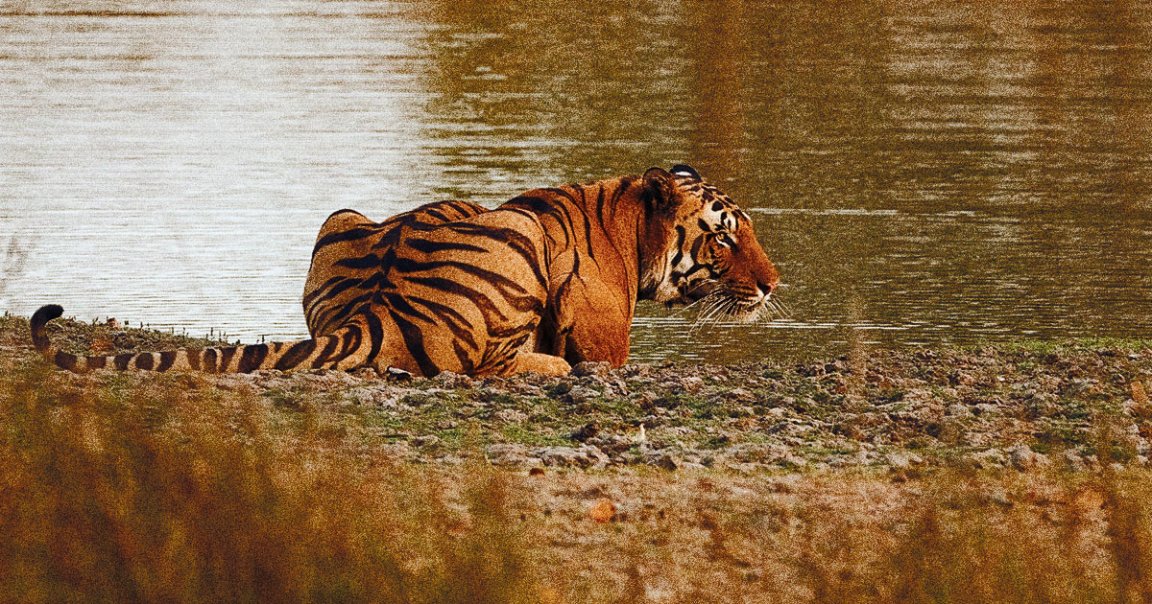
More than a year after the COVID-19 pandemic began, scientists still don’t fully understand how the coronavirus impacts most animal species.
While studying COVID in wild animals may not be as crucial as deploying the vaccine, knowing how and whether the coronavirus infects different species could be an important tool in the fight to stop the pandemic, two Tufts University scientists wrote in The Conversation. Viruses tend to mutate as they jump among different species through a process called host adaptation, so the two infectious disease scientists are systematically monitoring how and when that happens in wild animals.
“While it’s not yet clear what impact, if any, these mutations may have on human disease or the vaccine,” Tufts infectious disease and veterinary medicine experts Jonathan Runstadler and Kaitlin Sawatzki wrote in The Conversation, “these are signs of host adaptation that could allow novel variants of the virus to persist and reemerge from animal hosts in the future.”
For instance, theoretical animals could spread their mutated version of the coronavirus back to humans and, if that mutated strain can better survive the vaccines we already developed, humanity would have a bad situation on its hands.
The duo is collecting samples from veterinarians and other researchers who work with wildlife to search for signs of the coronavirus. Thankfully, after poring over samples from 300 animals among 20 species including bats, coyotes, and seals, they haven’t found a single positive case.
However, we do know that wild animals can be infected — the Department of Agriculture confirmed that a wild mink in Utah had the coronavirus in December, and Denmark killed 17 million minks after outbreaks began on local farms. There have been confirmed cases of people spreading COVID-19 to their pets, and even zoo gorillas have caught the bug.
“The discovery of the infected wild mink confirmed our fears,” the scientists wrote. “Seeing the first wild animal with natural COVID-19 is alarming, but sadly, not surprising.”